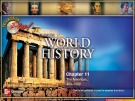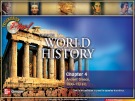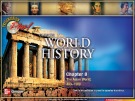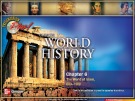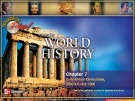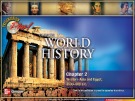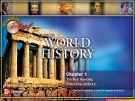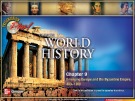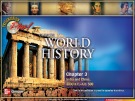89 trang
76 lượt xem
12
76
Lecture Glencoe world history - Chapter 11: The Americas (400-1500)
The diverse geography of the Americas resulted in the emergence of many varied and highly advanced civilizations. The following will be discussed in this chapter: The peoples of North America, early civilizations in Mesoamerica, early civilizations in South America.
tangtuy05

